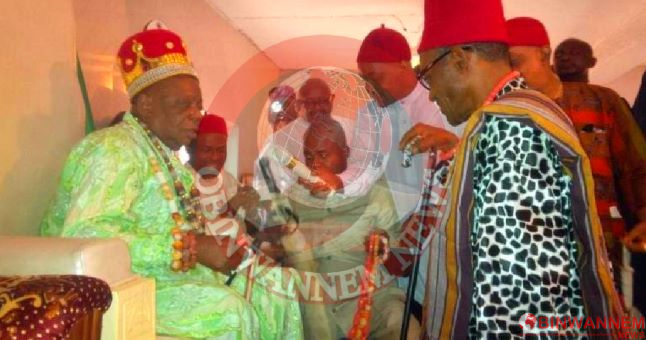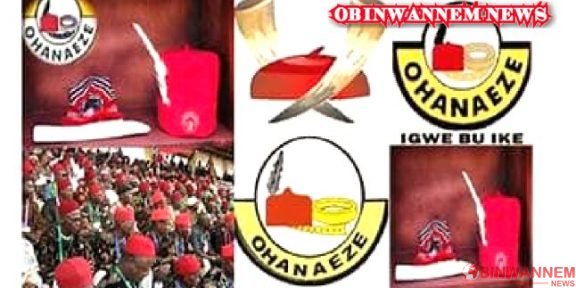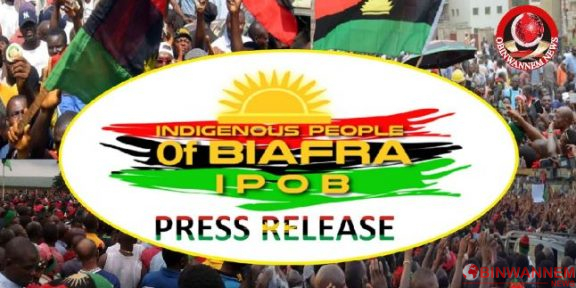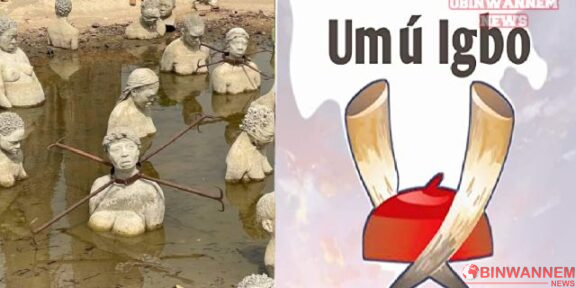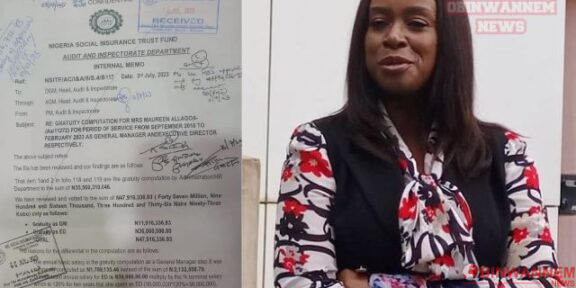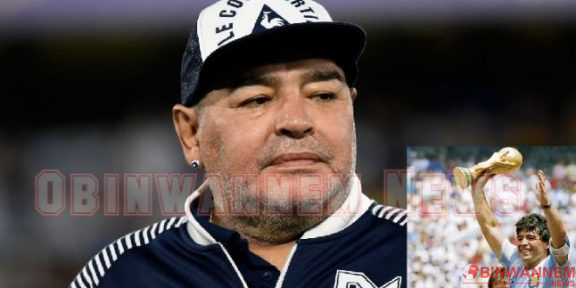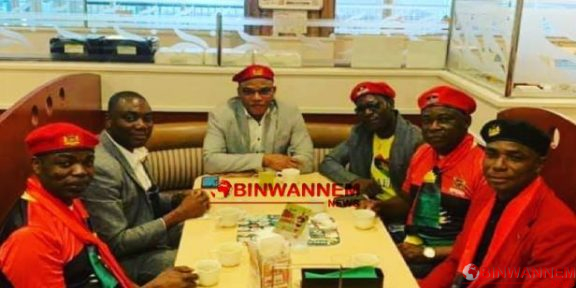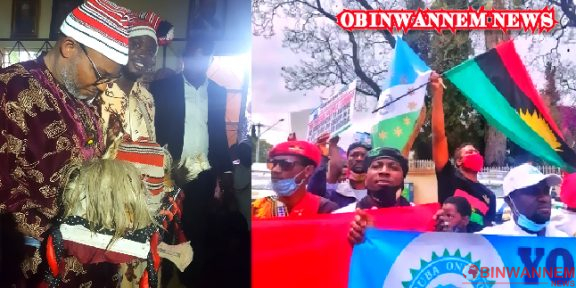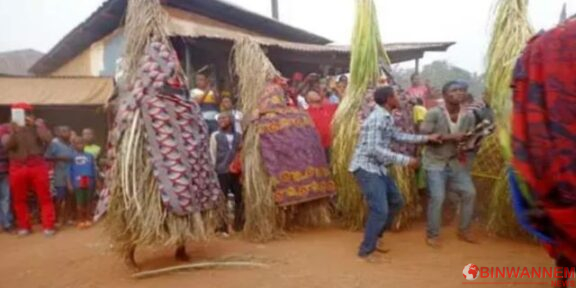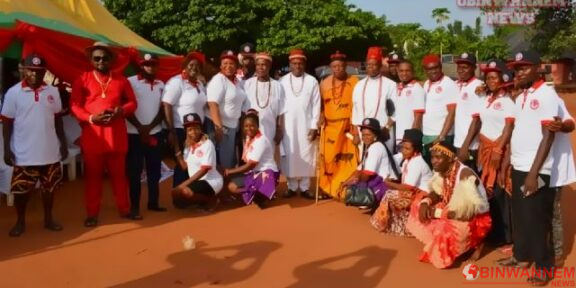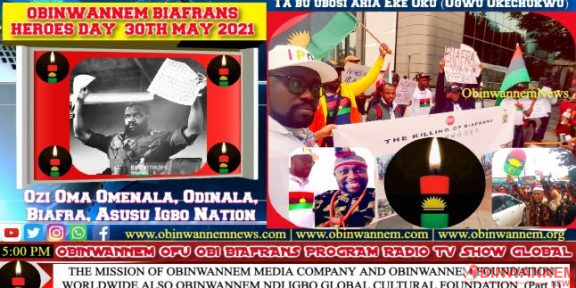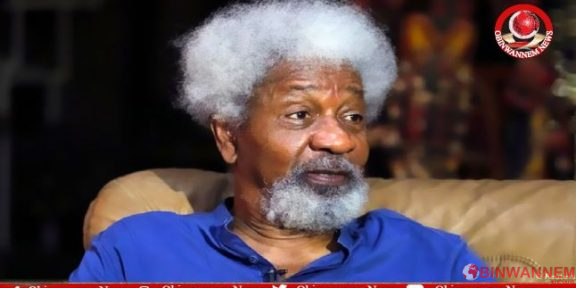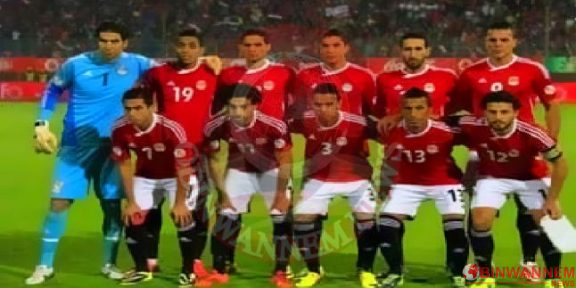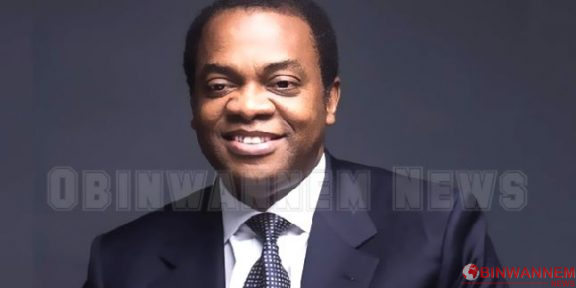The Ngwas, the main body of the Ngwa clan is said to have originated from a village called Umunoha in the present Owerri zone of Imo State Nigeria.
Tradition related that people of Umunoha village had taken a journey in search of new lands in which to dwell, the journey lasted many days and the group finally arrived at the banks of the great Imo-River. Tired, coupled with the fact that Imo river had overflowed to recede, and to find food to eat. The only handy food item then was yam.
One group felt it would be quicker to roast the yams, while the other group preferred boiling the yams. As soon as they were occupied cooking the food, the stream began to rise.
Three of the traveling brothers who boiled their yams, hurriedly ate the food, packed up their belongings and crossed over the other side of the river, leaving their kit and kin behind who had adopted the process of roasting their yam.
The three people who gained the left bank of the river were Ukwu, Nwoha and Avosi in order of age. They were given the name ‘Ngwa’ on account of the expeditious manner of their crossing, while the stragglers on the right bank were named ‘Ohuhu’. Till this day, all towns and villages on the other side of Imo-River are referred to as ‘Ndi-Ohuhu’ or ‘Umu-Ohuhu’.
The villages of the left bank of Imo were inhabited by Ibibios, who received Ngwa Ukwu and his brothers amicably allocating to them sufficient virgin lands for their immediate needs. Ngwaukwu settled at what is now the village of Umuolike where he also established his ancestral shrine. ‘Ala Ngwa’ in a small hut ‘Okpu’ which is today the capital of Ngwa-land called ‘Okpu-Ala Ngwa’.
For many years, the three brothers dwelt around Okpu-Ala Ngwa in peace, but as their families increased in number, they moved apart in different directions.
Ngwaukwu group, Mbutu, Ovuokwu and Ovongwu, and Avosi found the villages of Mvosi and all around Okpu-Ala Ngwa. According to the historical account HRH EZE. J. E. N. Nwaguru, the origins of Ntigha and Nsulu is a bit controversial. Some say that the Ntigha crossed over from Ohuhu with Ngwaukwu and his brothers, while others say that Ntigha was the son of Ngwaukwu.
Whichever is the case, Ntigha settled at Umunachi and established the ala-Ntigha deity, while Nsulu took part of the Juju to settle at Eziala and adjoining villages.
From these early settlements, the Ngwas advanced to the southwest, which include Ihie, Oza, Obegu, Okporo-Ahaba, Osokwa, Arongwa, Amavo, Ngwaobi, and Amise, and to the southeast which also includes Aba-na-Ohazu, Akuma-Imo, Ahiaba-na-Abayi,Amaise Umuokereke Ngwa, Ibeme, Mgboko-Umuanunu, Mgboko-Amairi, Mgboko-Itungwa, Mbutu-Umuojima, Ndiakata, Ohanze,Onicha Ngwa,Owo Ahiafo Ugwanagbo and Uratta. Customs and Traditions
Customs and Traditions
Ngwas have one custom, tradition and culture which we now refer to as ‘Ome na-ala-Ngwa’. He believe in the supreme deity (God), but he equally believed in the lesser deities, for example: Ala (mother earth) Ofo-La Ogu (god of right doing) Ihi Njoku (god of yam), and amadi-Oha (god of thunder). His music include Ekeravu for adults, Anyantolukwu for young girls.
Ese dance for a deceased noble man and warrior. Ukom for the deceased noble woman. Wrestling was the most popular game in Ngwa-land. Other cultural festival were Ikoro and Ekpe dances. Iru-Mgbede for unmarried young ladies.
The Ngwa man as a farmer, had great regard for land. Some acts and behavior were regarded as taboo against the land. Such acts included sexual encounters in the bush, sex or marriage with close blood relatives, sexual encounter with your father’s wife while your father is still living, disrespect for the elders, killing by poisoning. Phrase such as ‘Iru-ala’ were used to describe any of the above acts.
To appease the aggrieved land forms of sacrifice were carried out known as “Ikwa-ala”. Land was the source of wealth of the Ngwa man and cultivation was tied to the availability of labor. The most dependable source of labor force was the womenfolk, hence the average Ngwa man of the immediate past was a polygamist. The attachment to the land as the principal source of livelihood placed the Ngwa man of the in serious handicap especially in times of disturbances involving moving away from his habitat.
Pre-Colonial Era
Before the advent of the British rule, the highest political unit of the Ngwa man was the village.
The village government consist of two basic institution the council of Elders to which the heads of the different constitution families and often members of the most senior age grade were represented, and the villages assembly open to all adult males. The council of elders which was the executive and judicial authority of the villages often met at the village square ‘Ama-Ukwu’ at regular intervals and during an emergency to discuss matters of administrative, economic, religious, social and judicial importance.
The chairman and summoner of the council was often the Onyenwe-ala. In the village assembly, the council of elders would form the executive.
There were other sources of judicial authority form which justice could be expected. These were the Juju shrines and the oracle cults, prominent among them was the ‘Chukwu-Abiama’ long Juju at Arochukwu and the ‘Igwe-ka-Ala’ at Umunoha Mbaise. Provincial administration was abolished at the end of the civil war. Some of the changes made after the civil war to bring the government closer to the people included the third tier system. The presidential system had previously been applied at only the federal and state level of government, but now extended to local government levels.
When states were created, Aba zone, Umuahia zone, and Afikpo zone formed Abia state, with the capital at Umuahia. Today, their territory comprises 7 local government areas in Abia State, namely Aba North, Aba South, Isiala Ngwa North, Isiala Ngwa South, Obingwa, Osisioma Ngwa, and Ugwunagbo. This was done by government for administrative convenience.
Lolo Ijeoma Njoku Obinwannem News Writer / Nov 25, 2021


